Russia’s embassy in Washington says it gave declassified Soviet-era materials related to the 1963 assassination of President John F. Kennedy to U.S. Representative Anna Paulina Luna. The reported handover underscores how historical archives are increasingly used in modern information battles, and it could add marginal detail to a case that remains a touchstone for public trust and government transparency. Independent verification and careful authentication will be essential before the records can inform the historical record.
What we know about the handover
Russia’s embassy said Ambassador Anatoly Antonov provided declassified Soviet documents about the Kennedy assassination to Representative Anna Paulina Luna, according to a statement promoted by RT, a state-funded Russian outlet. As of now, major U.S. news organizations have not published independent corroboration of the documents’ contents, and the materials have not been publicly released for outside scrutiny. That doesn’t mean the files don’t exist—Moscow holds large Cold War archives and has selectively opened them before—but it does mean the immediate impact is more political and symbolic than evidentiary.
Luna, a first-term member of Congress from Florida with a profile on congressional oversight and government transparency, would be a high-visibility conduit if she chooses to share the material with committees or the public. If the documents are submitted to the congressional record or to the U.S. National Archives, historians and archivists could begin validating provenance, context and completeness. Until then, the claim sits in a familiar gray zone: attention-grabbing, potentially interesting, and not yet verifiable.
What Soviet files could actually add
The Soviet angle matters because Lee Harvey Oswald lived in the USSR from 1959 to 1962, under routine KGB surveillance in Minsk. Portions of related files have surfaced before. In the 1990s, the U.S. Assassination Records Review Board obtained Belarusian KGB records on Oswald, and subsequent releases through the National Archives have given researchers a fairly granular picture of his movements, employment and contacts during that period. Those records generally reflect Soviet security services regarding Oswald as unstable and not a recruitable asset.
Newly surfaced material—if authentic and previously unseen—could refine details about Soviet observations, internal assessments, and bureaucratic handling of Oswald and his circle. But a dramatic rewrite of the core narrative is unlikely. The Warren Commission in 1964 concluded Oswald acted alone; a later 1979 House committee suggested a probable conspiracy based partly on acoustic evidence that was later disputed; and successive declassifications have tended to add texture rather than tectonic shifts. The U.S. National Archives says the vast majority of U.S. records mandated by the 1992 JFK Records Act have been released, with some redactions and disputes persisting. Against that backdrop, any Russian-sourced additions would need careful cross-referencing with the established record beyond history buffs
For ordinary people, the practical effects won’t be immediate. Still, the Kennedy case is about more than the past. It’s a proxy for trust in institutions, especially when governments delay or selectively release records. Each new tranche—whether from Washington or Moscow—rekindles questions about who controls history and why. In an era where governments deploy declassification as a policy tool, archival “reveals” can shape narratives at home and abroad. The U.S. and its allies have leaned on rapid declassification to warn of Russian military moves since 2022; Russia, for its part, has highlighted historical files at moments that serve its messaging.
There’s also a human side. Families of those tied to the events, Cold War-era communities, and researchers who have spent decades piecing together the story all have a stake in seeing comprehensive, authentic records. If the Russian documents prove substantive and are made public, they could aid scholarship. If they are selective or stripped o, they could just as easily fuel new rounds of speculation and misinformation
Three things will determine the significance here. First, transparency: do Luna or U.S. institutions release the materials, and are they complete scans with metadata, not just excerpts or translations? Second, authentication: do archivists and reputable historians judge the documents genuine and place them within known Soviet filing systems and timelines? Third, alignment: do the contents meaningfully expand what’s already in the National Archives, or mostly confirm existing accounts of Oswald’s years in the USSR?
If the documents enter official channels—such as a congressional committee or the National Archives—they will be easier to vet and compare with the JFK Assassination Records Collection. If not, expect a familiar cycle of headlines, debate, and limited clarity. Either way, this episode is another example of how Cold War archives still resonate in today’s geopolitics, where history is not only studied but strategically surfaced.



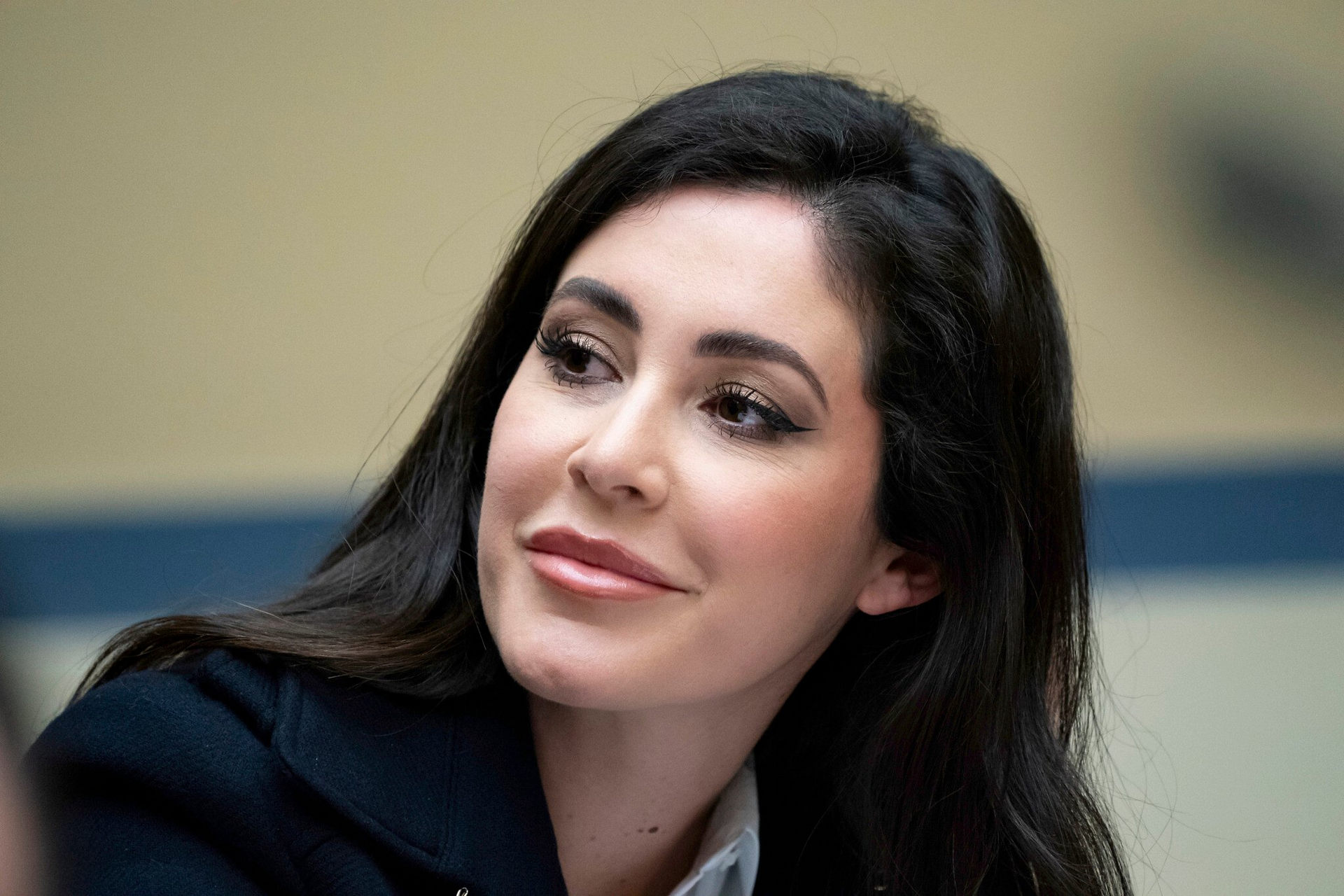
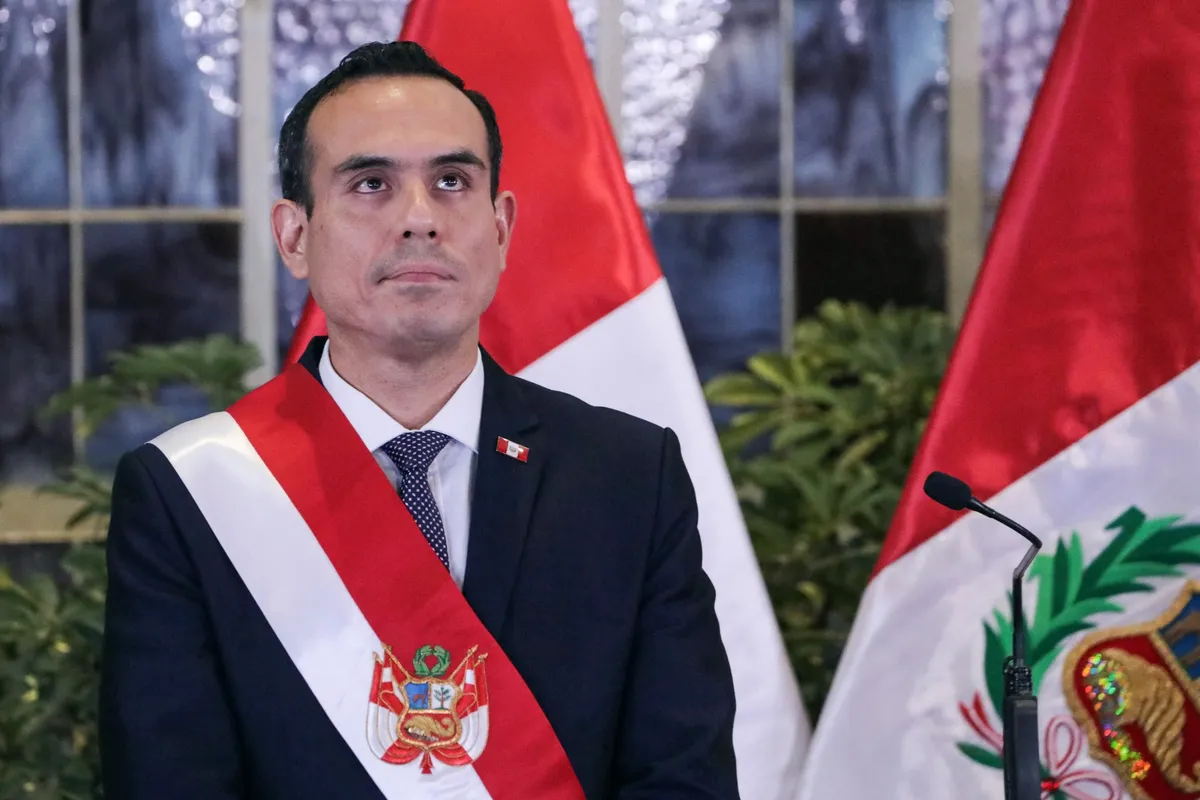
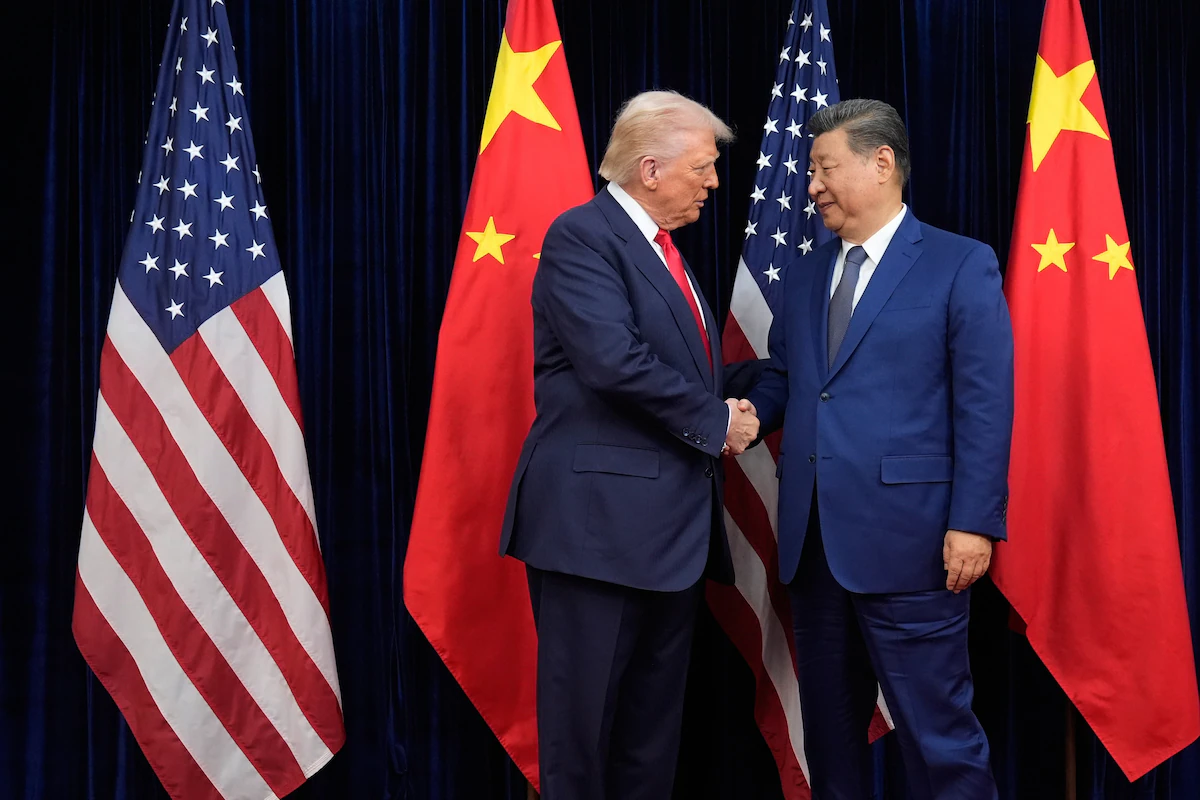
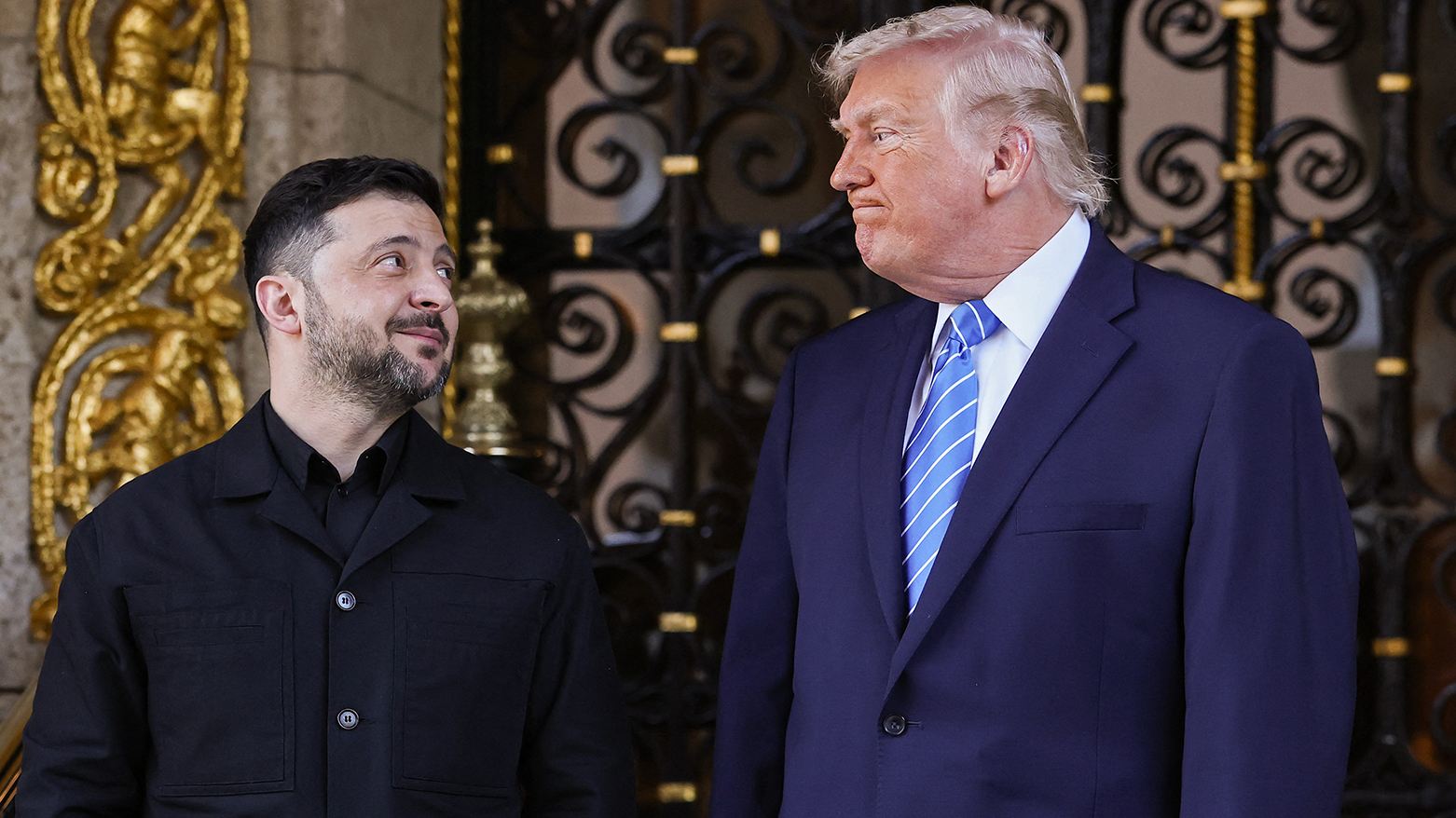
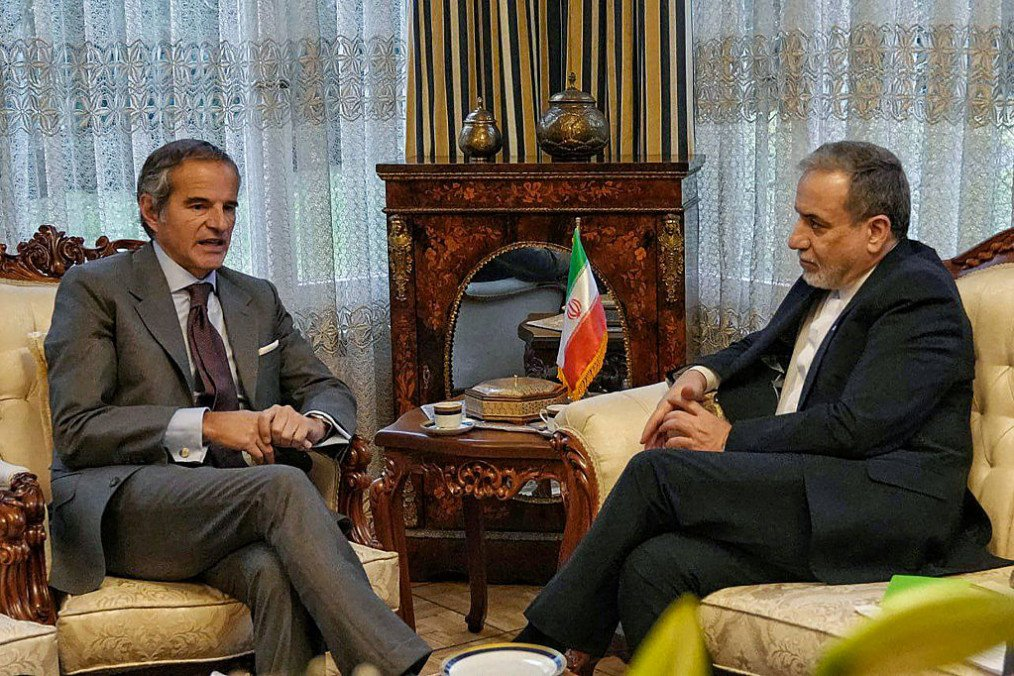
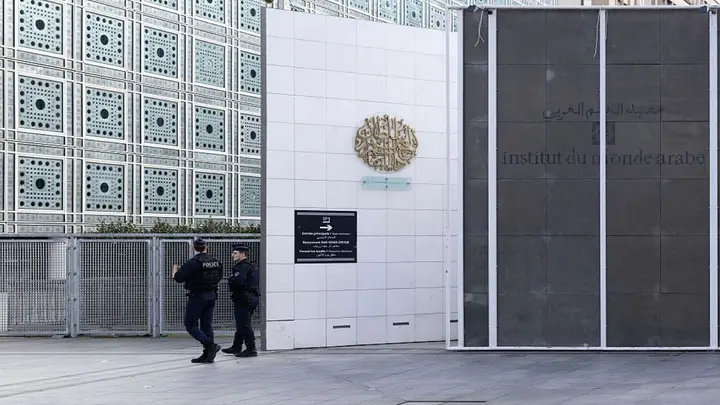
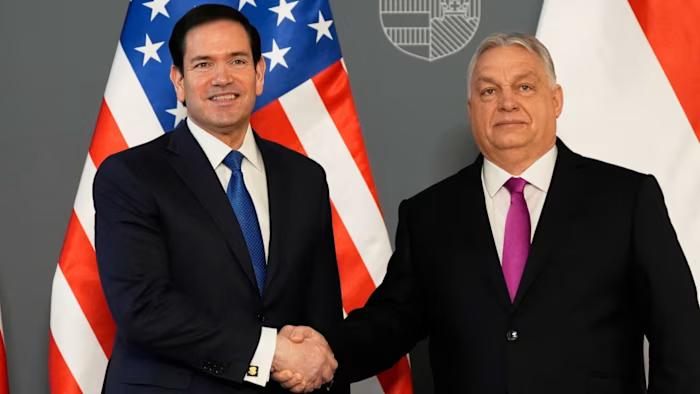
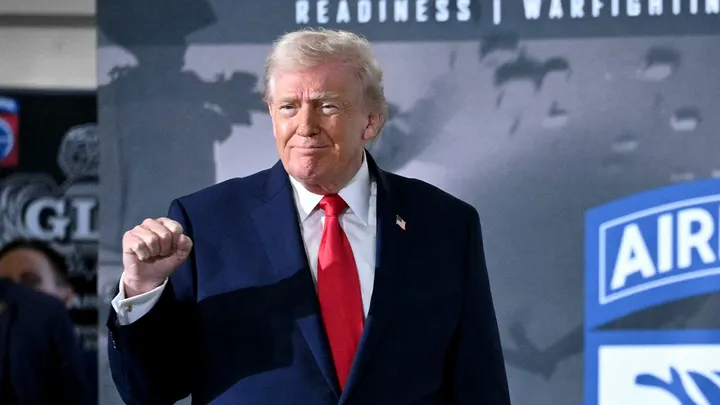
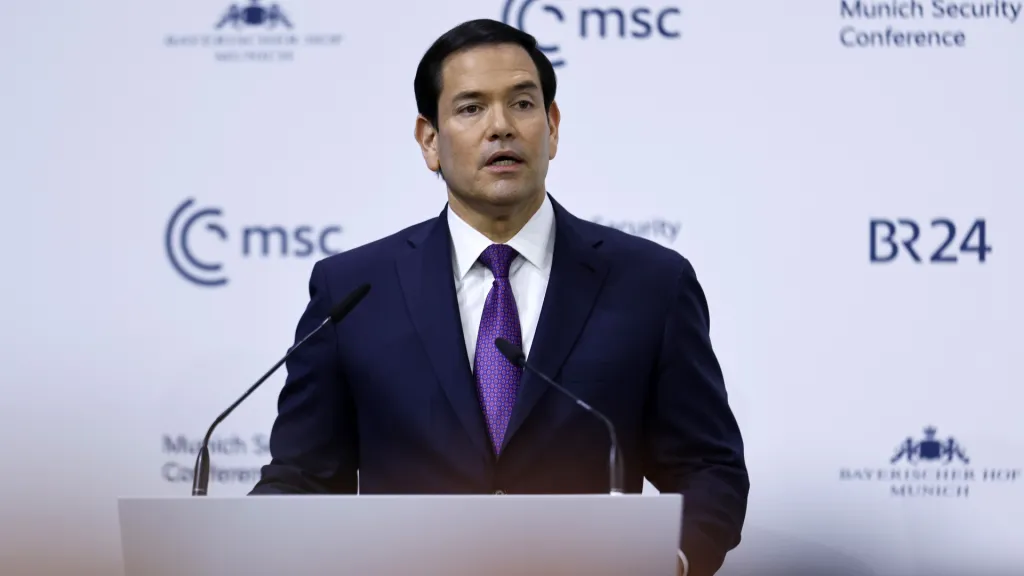
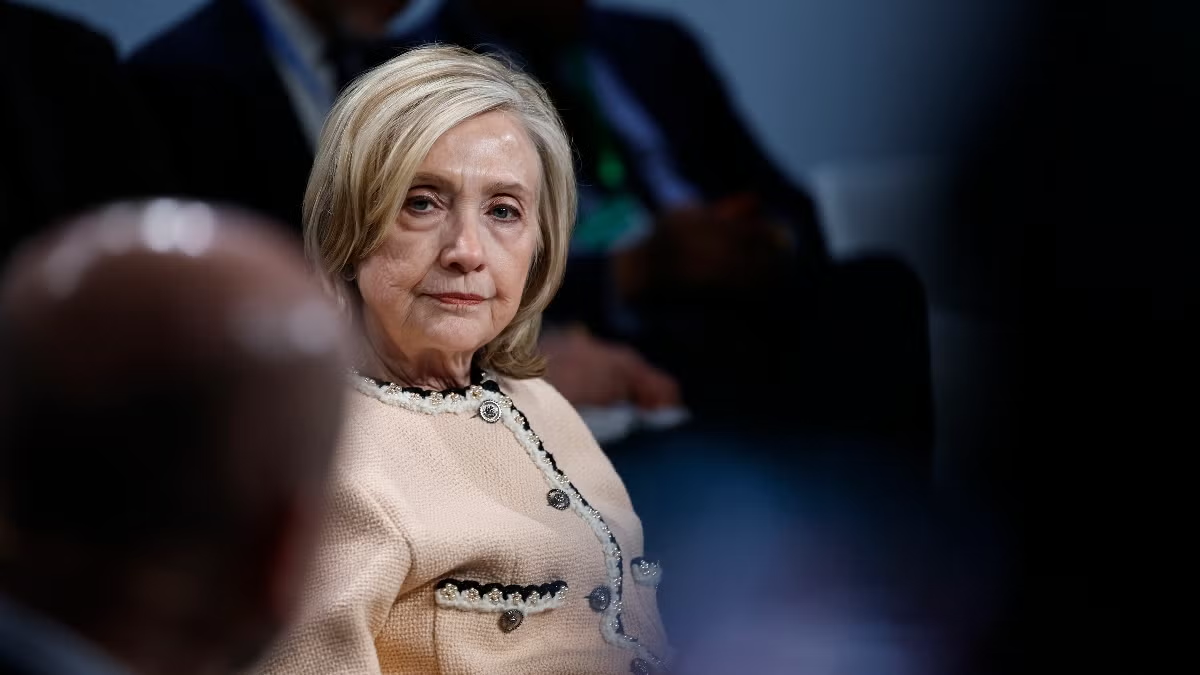

Discussion